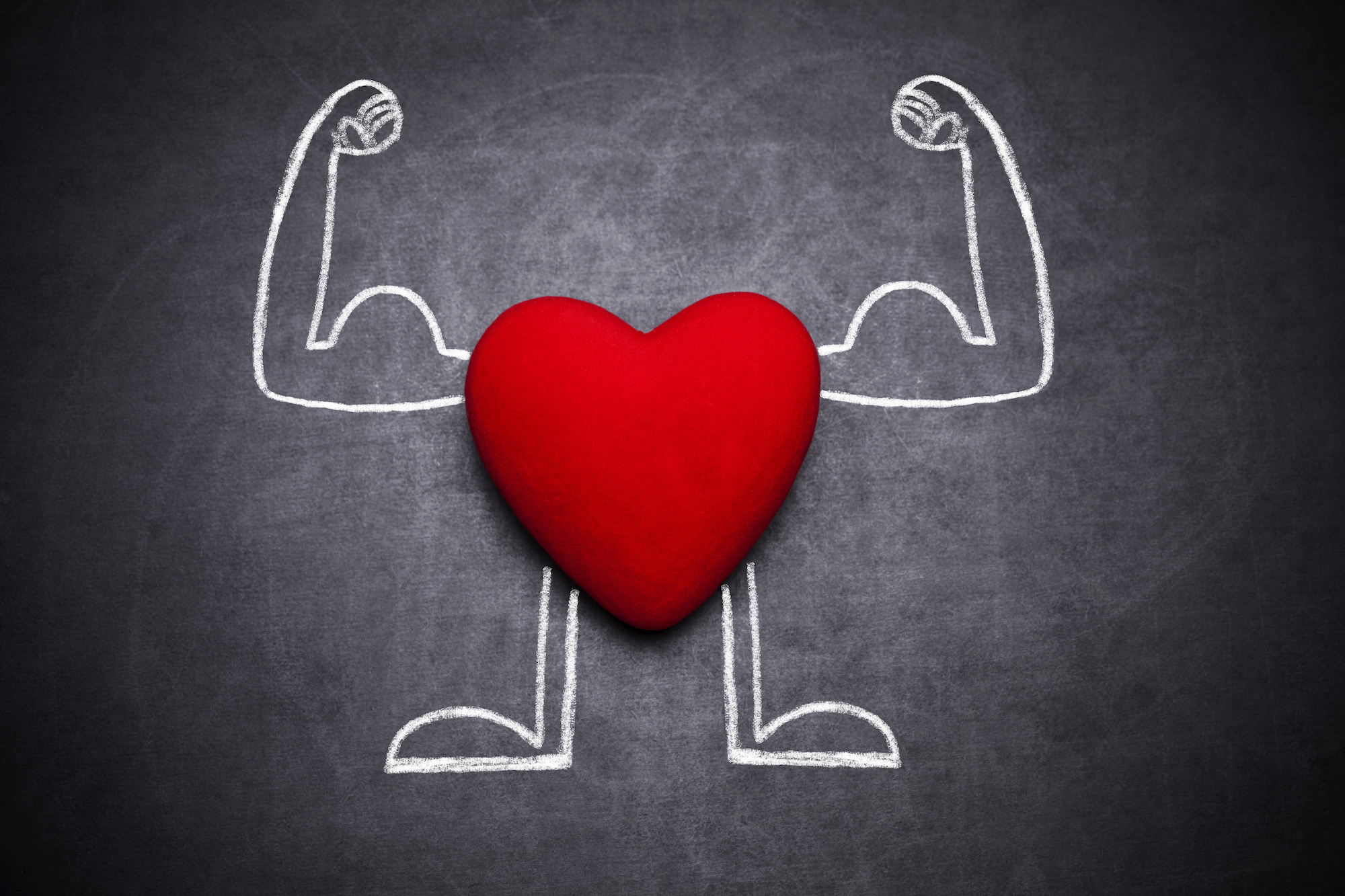To say the heart in underappreciated would be a gross understatement. Just take a second to think about the fact that it never stops. It just keeps on ticking non-stop.
Now imagine your heart wasn’t inside but outside, like a pet. It is something to look after because you could see it. Your relationship might be very different, indeed. It is important to remember to look after our hearts and make sure we keep them as healthy as possible.
The National Institute for Health and Care Excellence estimates that around 920,000 people in the UK have been diagnosed with heart failure. That’s more than the population of Belfast, Brighton and Westminster combined. And while deaths due to heart disease have fallen over the last decades, it is still the UK’s biggest killer.
 We all know that having less salt and making some lifestyle changes are the easy ways to help hearts in the long-term, but what little tips and lifehacks can be employed to make our hearts healthier? Here are some you’ll want to know about.
We all know that having less salt and making some lifestyle changes are the easy ways to help hearts in the long-term, but what little tips and lifehacks can be employed to make our hearts healthier? Here are some you’ll want to know about.
Skip a meal or two
Intermittent fasting is a very trendy term right now for those looking to lose weight. And while the diet can be hard to stick to, you can tweak it ever so slightly to make it work in your favour.
You don’t have to commit fully to it. If you pick one day a week and decide to fast for about 16 hours, your body will want to reset its sensitivity to insulin. The body produces insulin when it has to convert sugar to energy. Resetting it ever so slightly lowers the risk of diabetes and has the knock-on effect of reducing risk factors associated with heart disease.
Know what symptoms of an unhealthy heart are
When someone grabs their chest in pain from a heart attack, it usually won’t have been a surprise they didn’t see coming. Preceding an attack, the body has warning signs that can easily be ignored.
Some of the most common are:
- Breathlessness
- Dizziness
- Palpations
- Sweating
- Weight loss
As OneWelbeck cardiology puts it, “[these signs are] an easy sign to ignore or put down to age or being unfit.”
Knowing that your heart could be sending out hints in different ways other than a pain in your chest is important to know.
Understand what “heart-healthy” foods are
You might be someone who goes to the gym a lot, does a good bit of exercising and yet thinks that protein bars, shakes and meal replacements will be doing you a world of good.
Food scientists are a little hesitant to say whether bars and other “fitness” foods do more bad than good due to how processed/ refined they are and how little research there is.
A rule of thumb when checking any food tailored to the health and fitness food section is to look at:
- Sugar
- Sodium
- Saturated Fats
If the levels are high, it’s probably a good idea to skip eating that food. The more natural and less processed the things you want to eat are, the less stress your heart will be under in the long-term.
Literally, monitor your heart
No need to ask for a hospital bed and get hooked up to a big machine.
Wearables are an easy and effortless way to keep monitoring your heart rate. Some of these trackers are aimed towards people who want to be as fit as possible and turning your health into a game. It’s better to think of a smartwatch or tracker as a way of keeping tabs on your heart health and seeing how you can improve it over time.
Get more steps
We can’t figure out how or when 10,000 steps became the optimal number people to hit every day, but the more of the day you can spend up and moving, the better it is for your heart. One very simple to eke out steps in your workday is by purposely making your commute a little longer and getting off your bus or train one stop earlier on the way home.
A slightly longer walk through your neighbourhood will get those steps up, and you won’t feel too inconvenienced.
Go to sleep
A happy heart is one that can get as much rest as possible.
If you’re prone to taking your phone to bed every night and disrupting your sleep pattern, you’re leaning into long-term problems that a lack of sleep creates, which in turn lead to heart problems. Put the phone away or leave it outside, so it isn’t interfering with rest.
Want to read related articles on health?
See the latest health posts from the blog here.